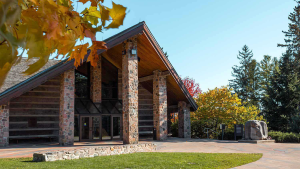VICTORIA – The Province of British Columbia has introduced legislation to reduce construction delays and streamline processes to fund key services, infrastructure and amenities.
Currently some high-growth municipalities are using the rezoning process to negotiate with homebuilders for funding, a B.C. government release said, which can be a drawn out process delaying construction and possibly adding building costs.
“As we take decisive action to deliver the kinds of homes people in B.C. are looking for, we’re also making sure communities and builders have the efficient and transparent tools they need to plan for growth with certainty. By doing this, we’re not just building homes for people, but also more sustainable, well-planned communities,” said Minister of Housing Ravi Kahlon in a release.
If passed, the legislation would support the introduction of Bill 44 which would allow upfront zoning and require local governments to shift their planning process to an upfront framework, pre-zone land to meet their housing needs, and reduce the use of current rezoning processes.
The proposed legislation also introduces a development-finance tool called an amenity cost charge (ACC) which, according to the release, “is part of the upfront planning process, giving builders and municipalities a better, clearer and more transparent understanding of costs associated with a housing project from the start.”
The legislation would also make changes to development cost charges and development cost levies in the Vancouver Charter, which currently allows local governments to collect funds from homebuilders to help pay for specific, core infrastructure needs, such as drainage, water, sewer and roads before a development is built. Changes to the legislation would let local governments allocate funds collected from homebuilders to support additional local services and infrastructure such as fire protection facilities, police facilities and solid waste facilities that support new homes.
Development cost charges could also be used through the new legislation to allow municipalities to use the charges to pay for cost-shared provincial highway projects, such as interchanges and highway exits, that benefit communities.











Recent Comments
comments for this post are closed